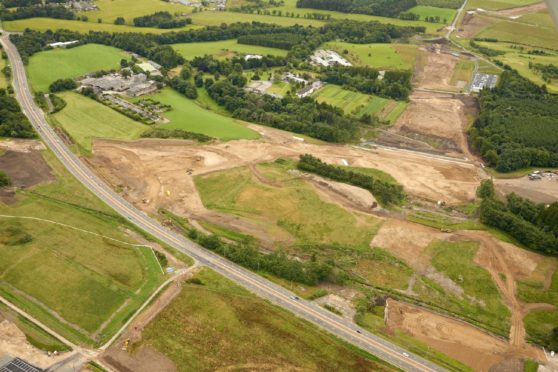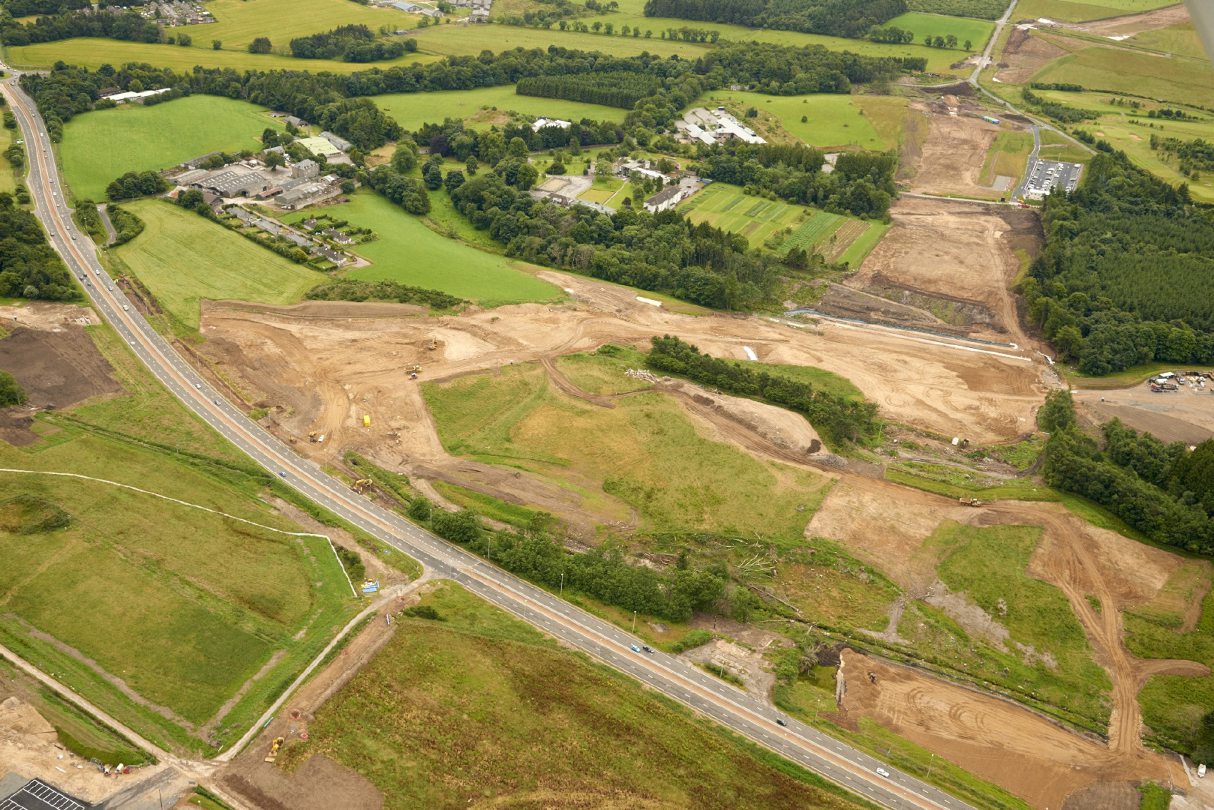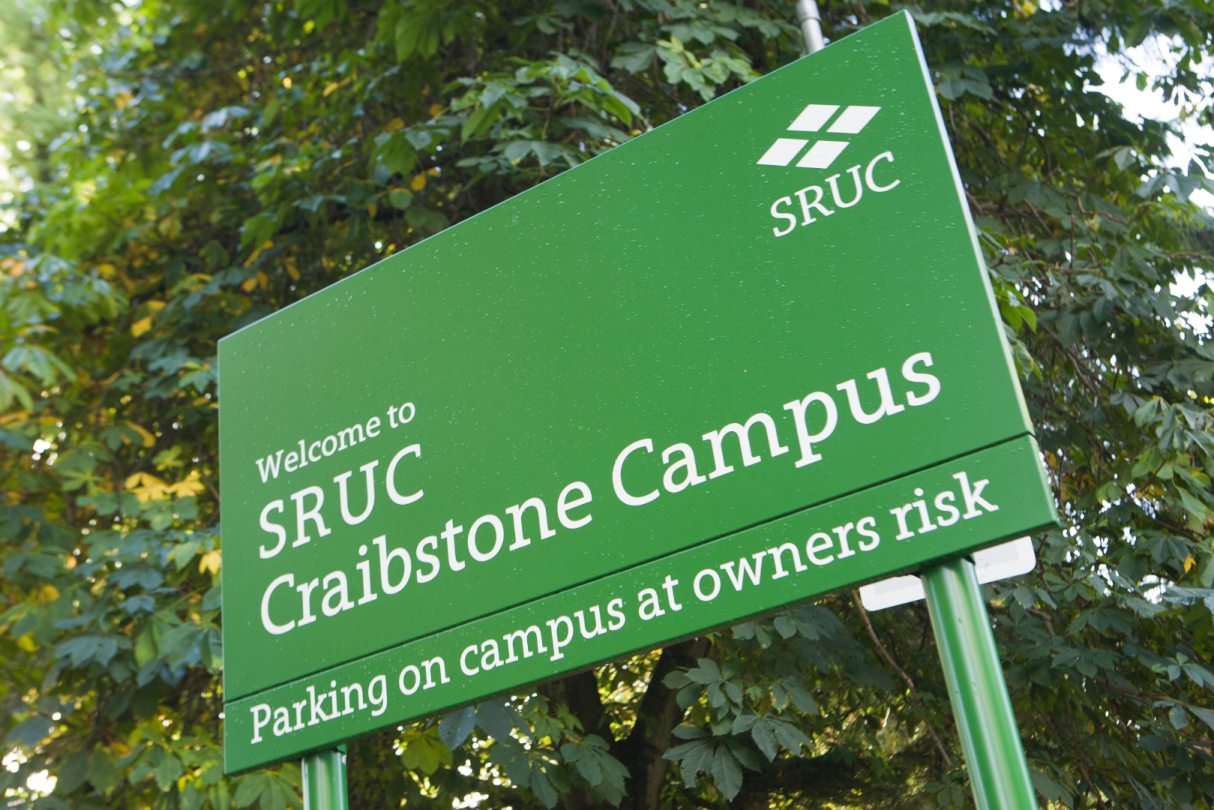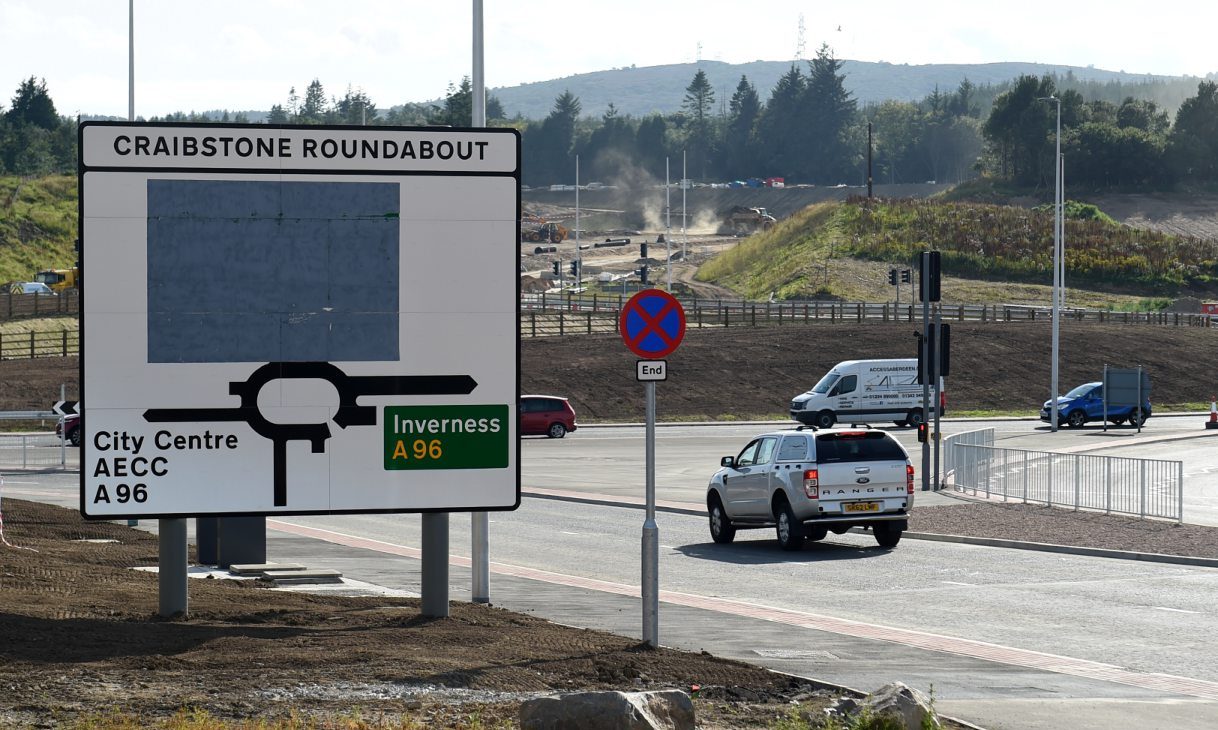The Scottish Government could be forced to pay a north-east agricultural college more than £20 million after building the AWPR over land it hoped to sell for housing.
The 28-mile bypass, which cost more than £1 billion and finally fully opened in 2019, stretches around Aberdeen from Stonehaven to Blackdog.
An important part of the route is the Craibstone junction, which was built on land on the Craibstone estate to the north-west of the city.
To obtain the land needed, the Scottish Government used compulsory purchase order (CPO) powers – a legal function allowing agency Transport Scotland to acquire the space without the consent of the owners.
Scotland’s Rural College (SRUC), which owns the land and has a campus at Craibstone, is arguing that the road scheme has cost them a fortune.
College bosses claim that, had the AWPR not paved over the fields, then the land would have been “extremely valuable” as a site for housing developments.
They calculated an overall loss of £24.3m and are now locked in a legal battle as they try to prise the cash from the government.
Debate goes back years
SRUC entered an agreement with developer Cala in 2005 to develop part of the Craibstone site for housing.
The CPOs for the Aberdeen bypass were, meanwhile, drafted up in 2007.
The college was among the objectors, but the government nevertheless snapped up more than 80 acres at the start of 2013.
The college subsequently took the government to a land tribunal saying the bypass took away the chance to create as many as 320 homes there.
Key questions at the heart of legal row
The main issue of dispute at the land tribunal was whether the area would have later been developed for housing even if the AWPR wasn’t there.
The government maintains that the bypass was “an essential pre-requisite for development at Craibstone”.
And they argue the presence of the road “greatly increased” the value of the campus.
They claim any financial losses suffered from parting with that section of the estate “was more than offset” by wider benefits.
The members of the tribunal inspected the site before finding in favour of the college.
They decided the ground in question “would still probably have been allocated for development” even if the bypass didn’t exist.
Members said the site offered a “number of advantages”, lying on the “urban edge of Aberdeen” and having good transport links.
Government fights decision
Holyrood ministers refused to accept the verdict and lodged an appeal asking for the Court of Session to quash it.
A ruling published this week outlines Lord Woolman’s decision to side with the decision reached by the land tribunal.
The papers state: “Compulsory purchase is essential in a modern democratic society because it facilitates planned and orderly development.
“The tribunal’s task was a difficult one. It had to conduct ‘what if’ lines of inquiry.
“What would have happened at Craibstone if there had been no bypass? Would any part of the land have been allocated for housing development?
“The Scottish ministers maintain that the tribunal’s decision was irrational.
“We arrive at the opposite conclusion. In our view, the tribunal’s reasoning was
securely based.”
Both sides tight-lipped over verdict
A Transport Scotland spokeswoman said: “We note the decision of the Court of Session to reject our appeal.
“Discussions with Scotland’s Rural College on compensation are continuing so it would be inappropriate to make any further comment at this stage.”
A spokesman for SRUC said: “The Court of Session has refused the Scottish Government’s appeal and found in favour of SRUC.
“It would be inappropriate to comment further at this stage.”
The figure to be awarded to the college will ultimately be decided independently by the District Valuer.



